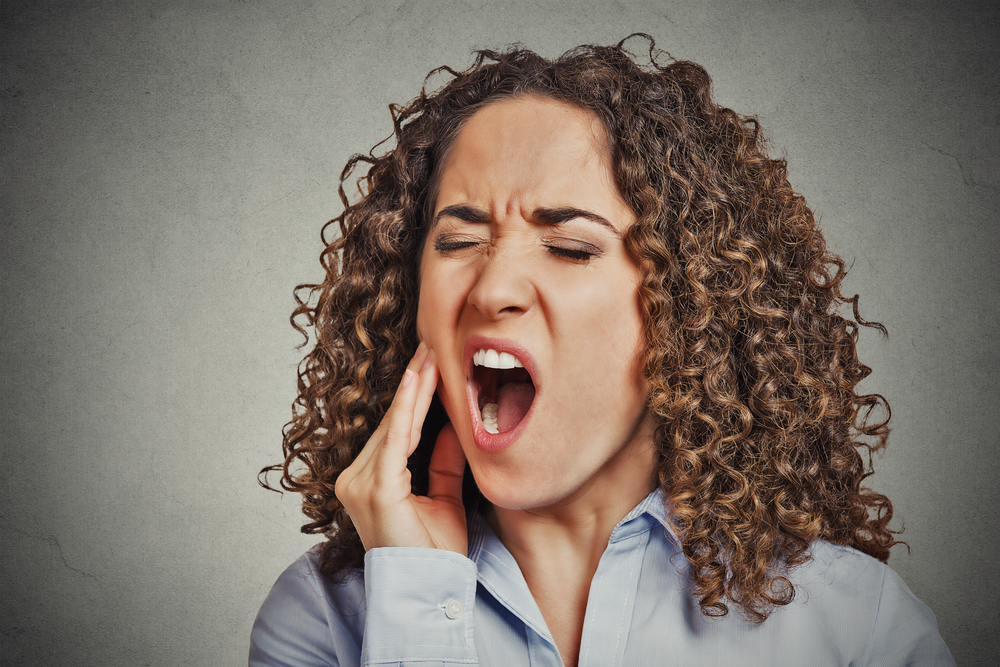Our muscles are responsible for moving the TMJ joint. The mandibular branch of the trigeminal nerve provides the main innervation to the muscles of the TMJ.
If you do not feel like your symptoms are related to the muscles of the TMJ refer back to our main blog You and Your Temporomandibular Joint for more information.
Jaw muscles
There are several muscles that support the jaw (also known as the muscles of mastication-eating):- Temporalis
- Frontalis
- Massetter
- Lateral and Medial Pterygoid
How do our jaw muscles work?
When our muscles contract they pull against their attachment points to shift bones closer together (called a concentric contraction). An eccentric contraction is when with control, those muscles gentle lengthen. Lengthening doesn't mean passively relaxing and going loosey goosey. Eccentric contractions are typically harder for our patients. The muscles of mastication contract to pull the mandible up, or to slowly lower it.
Jaw muscle pain
When our muscles get tight, the muscle fibers shorten. Which then increases muscle tension. The muscles then become tender. Overtime those shortened muscles can affect our range of motion and our strength.
The same thing happens to the muscles of mastication.
However when the muscles of the TMJ get tight they can cause the jaw to shift in different directions based on their line of pull. You might notice a clunk or a click. when you open and close your mouth. The disc that cushions the mandible and temporal bone can also become displaced, which contributes to the clunk, click or even locking.
Eating can become difficult as well. Biting into hard foods like an apple or repetitive chewing like with gum can be especially agitating to your TMJ and tight muscles of mastication.
They good news is, you don't have to eat only soup and mashed potatoes for the rest of your life! Physical therapy is a great way to address the impairments and normalize the length tension relationship of those muscles.
How can Physical Therapy help jaw pain?
A combination of manual work to the soft tissue structures, exercises and education!
Physical therapy for the jaw muscle pain or TMJ pain in Columbia and Baltimore, Maryland
If you want to learn more about the TMJ or are having pain with biting, chewing and talking contact our office today!




